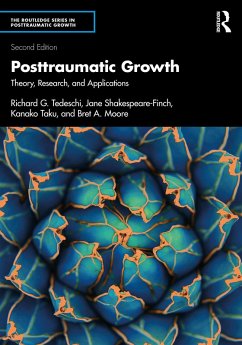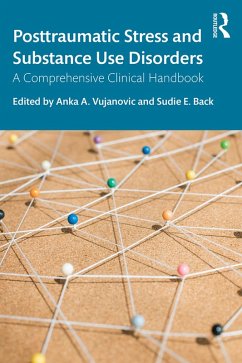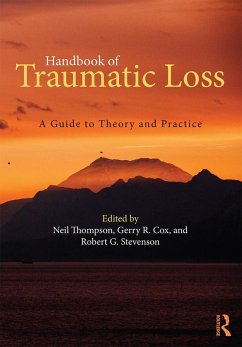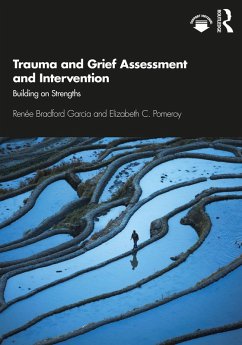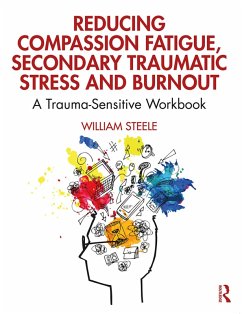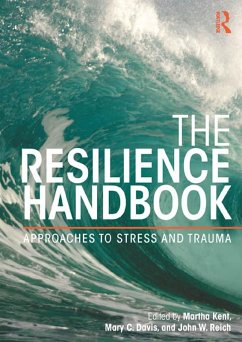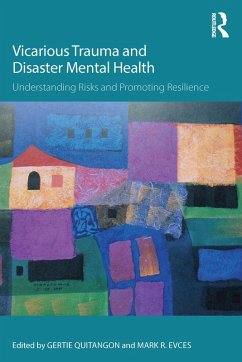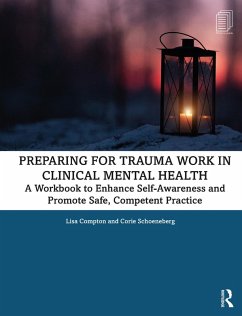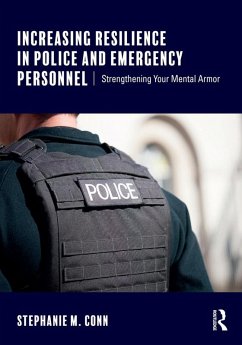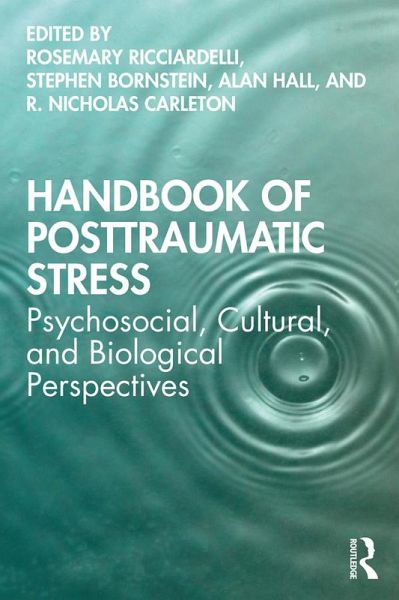
Handbook of Posttraumatic Stress (eBook, PDF)
Psychosocial, Cultural, and Biological Perspectives
Redaktion: Ricciardelli, Rosemary; Carleton, R. Nicholas; Hall, Alan; Bornstein, Stephen
Versandkostenfrei!
Sofort per Download lieferbar
78,95 €
inkl. MwSt.
Weitere Ausgaben:

PAYBACK Punkte
39 °P sammeln!
The Handbook of Posttraumatic Stress provides a comprehensive review of posttraumatic stress in its multiple dimensions, analyzing causation and epidemiology through prevention and treatment.Written by a diverse group of scholars, practitioners, and advocates, the chapters in this book seek to understand the history, the politics, and the biological, psychological, and social processes underlying posttraumatic stress disorder (PTSD). Featuring studies that focus on some of the most seriously affected occupational groups, the text examines topics such as how individuals experience PTSD in diffe...
The Handbook of Posttraumatic Stress provides a comprehensive review of posttraumatic stress in its multiple dimensions, analyzing causation and epidemiology through prevention and treatment.
Written by a diverse group of scholars, practitioners, and advocates, the chapters in this book seek to understand the history, the politics, and the biological, psychological, and social processes underlying posttraumatic stress disorder (PTSD). Featuring studies that focus on some of the most seriously affected occupational groups, the text examines topics such as how individuals experience PTSD in different work settings and the complexities of diagnosis, treatment, and recovery for those workers and their families. Together, the contributions provide an in-depth examination of the current understood causes, impacts, and treatments of and for posttraumatic stress, mobilizing academic, administrative, and clinical knowledge, and lived experience to inform ongoing and future work in the field.
Drawing from range of different topics, fields of study, and research methods, this text will appeal to readers across medical, mental health, and academic disciplines.
Written by a diverse group of scholars, practitioners, and advocates, the chapters in this book seek to understand the history, the politics, and the biological, psychological, and social processes underlying posttraumatic stress disorder (PTSD). Featuring studies that focus on some of the most seriously affected occupational groups, the text examines topics such as how individuals experience PTSD in different work settings and the complexities of diagnosis, treatment, and recovery for those workers and their families. Together, the contributions provide an in-depth examination of the current understood causes, impacts, and treatments of and for posttraumatic stress, mobilizing academic, administrative, and clinical knowledge, and lived experience to inform ongoing and future work in the field.
Drawing from range of different topics, fields of study, and research methods, this text will appeal to readers across medical, mental health, and academic disciplines.
Dieser Download kann aus rechtlichen Gründen nur mit Rechnungsadresse in A, B, BG, CY, CZ, D, DK, EW, E, FIN, F, GR, HR, H, IRL, I, LT, L, LR, M, NL, PL, P, R, S, SLO, SK ausgeliefert werden.




